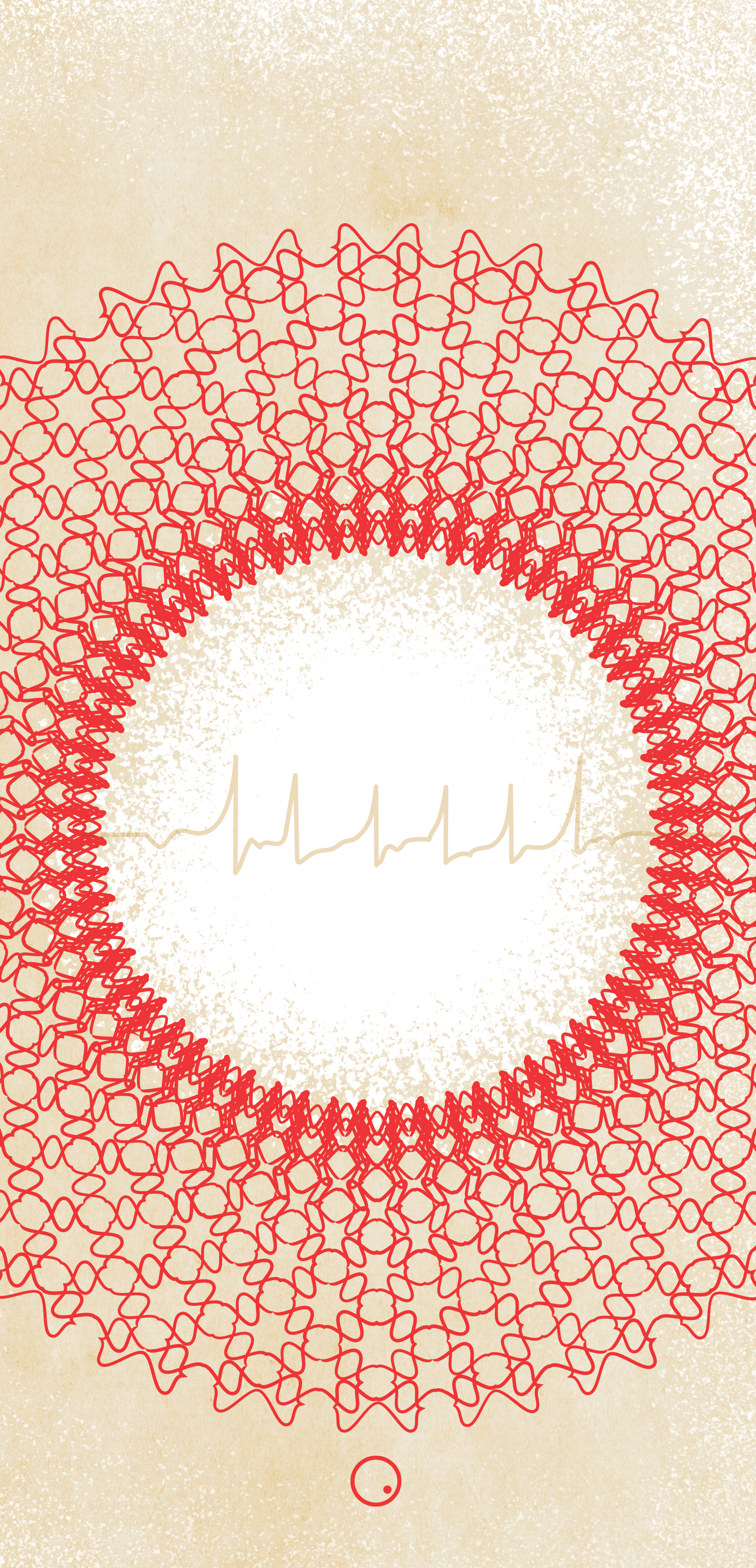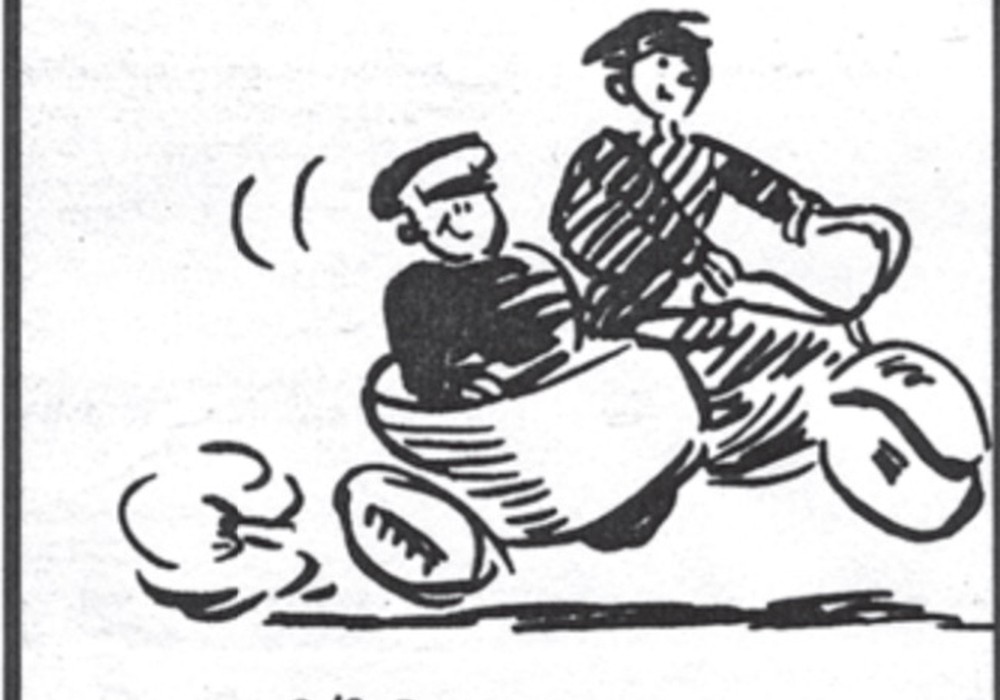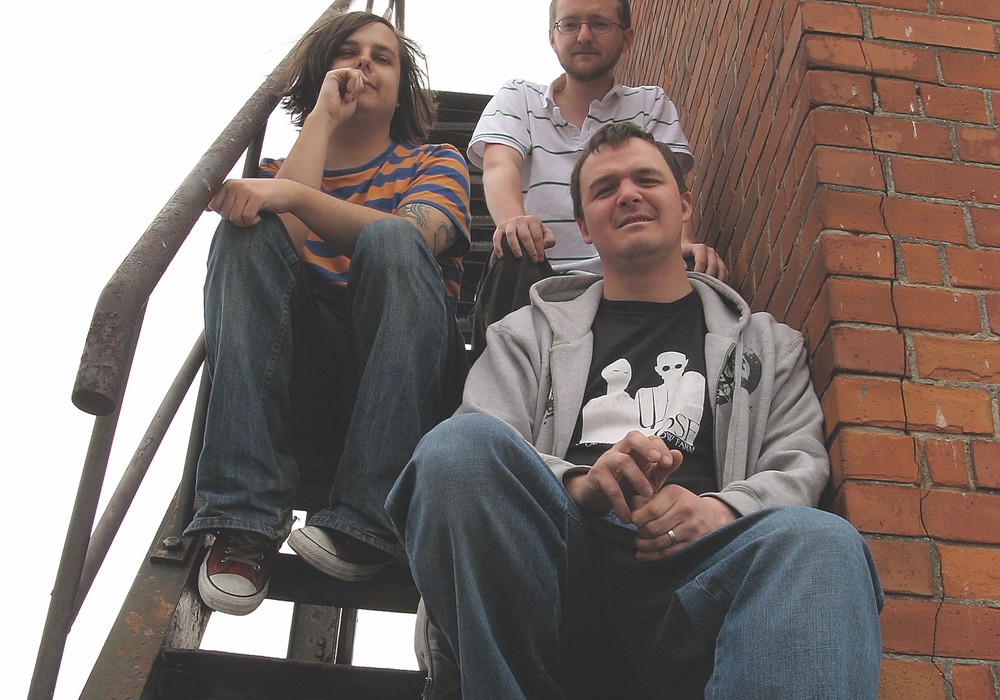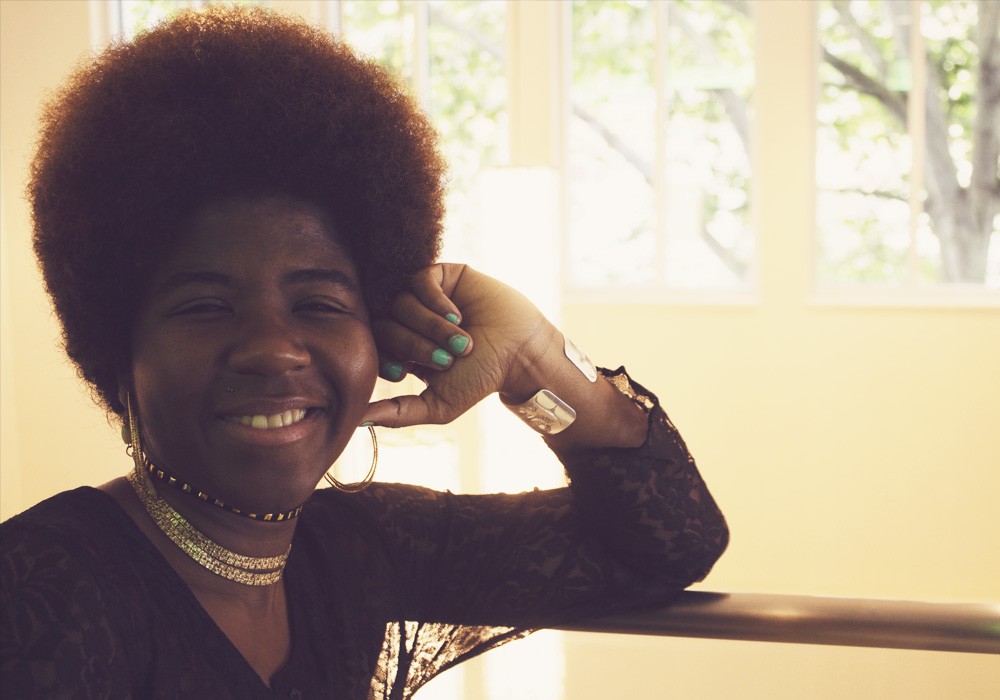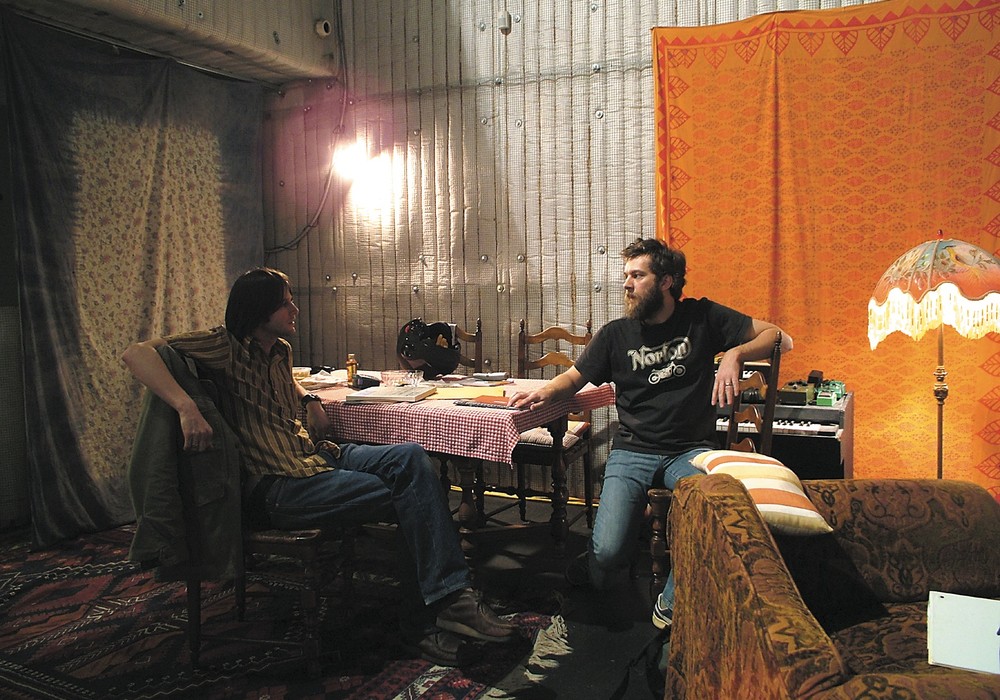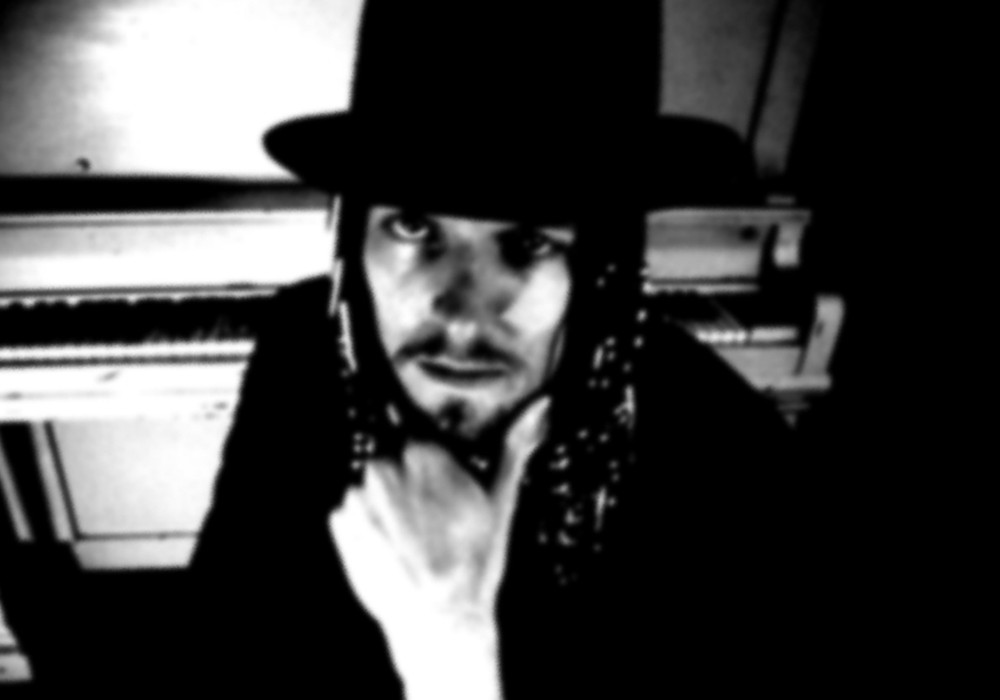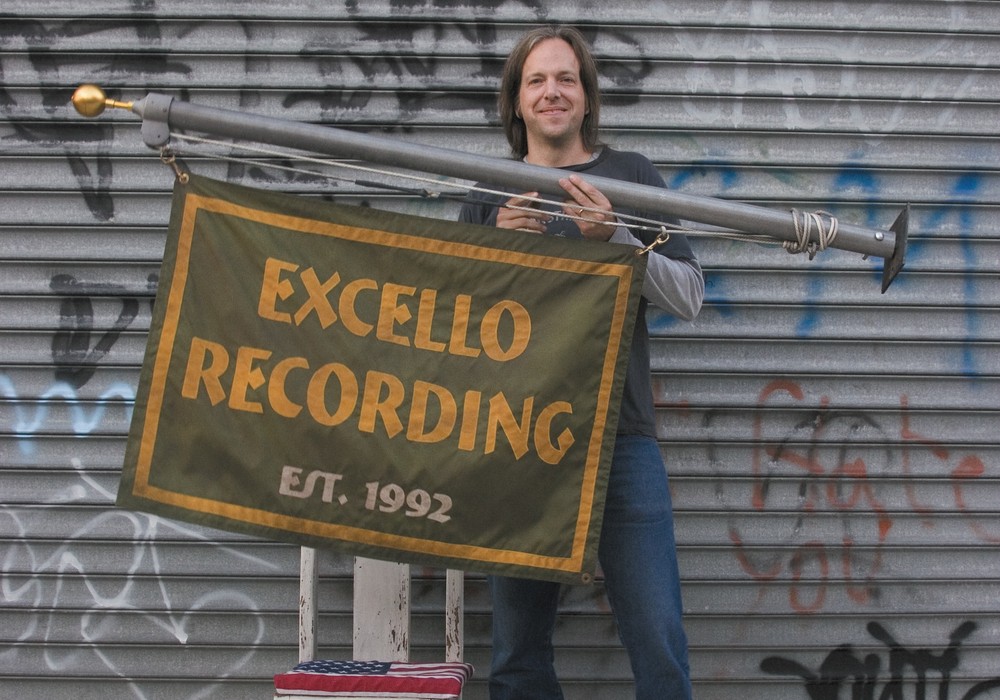This summer I was part of a press junket to Crystalphonic Sound Studios in Charlottesville, Virginia. A press junket is a trip where they fly writers from various magazines to a place in order to get press on something, whether it is a business, press conference, band or event. I'd never been invited to attend something like this, and possibly might never be asked again after this column. You see the writers rarely, if ever, mention the fact that they were flown somewhere, wined and dined, and then the article was written. So I'll tell you the truth, so that we can be totally honest. The trip was quite fun, and all the other writers (from those other magazines) were a treat to hang with. Kevin McNoldy and Amy Spence of Crystalphonic were excellent hosts, and I'll bet that most of our readers would find much in common with Kevin, an experienced engineer in his mid-thirties. Their studio is very nice, in a "world class" kind of way, but maybe not the kind of place we usually would write about in Tape Op. Very clean/well-designed, stocked with tons of outboard gear, great sounding rooms, etc. But all I hear these days is that big studios are hurting, that home recording and the slow record industry is killing them off.
How was Kevin able to talk his investors into building a five million dollar studio in a city out in Virginia? Kevin says the location "is a huge benefit in the fact that our total overhead with debt service is less than what some studios pay for rent alone. From the start, I set out to create a facility that could break even, if it came to it, on only a small amount of local business."
What drove Kevin to do this? Like any studio, there has to be a reason behind building it — lord knows there are easier ways to make money. "I was frustrated with handing off work to whoever was next in line — whether a project was getting mixed by someone else, or mastered in another studio, I was never in love with the results. Part of it was just the selfish attitude of, 'Hey, I think I could do a better job if I had the appropriate rooms filled with the appropriate tools.'" Oh yeah, there's also a first class mastering room in the building. I'm starting to see where the money went. But Kevin continues, "It has always been my dream to build a huge recording studio, to have an incredible base to work from, and to compete with the best in the world." That's lofty goals, something most of us might push aside and settle for a bit less. But frustration also played a role, as Kevin "watched band after band that I recorded and developed get signed and move on, as the record labels would invariably send them off to L.A. to record. There were no studios in Virginia that could compete with bigger facilities." That makes sense — keep the bands around so you can record them!
But how does one pay off investors in a situation like this? I can't even imagine borrowing five million dollars! "Four fifths of that investment was raised internally between the partners of the studio, so they get paid when the studio makes a profit. The other fifth was raised from two local banks, who get paid back slowly every month when I mail the checks in!" Hmmm, I don't even want to calculate interest on one million dollars.
Is there enough work coming in? Are major label clients interested? "It's beginning to trickle in. Once we get labels or producers/engineers here to visit for the first time they totally fall in love with the area. So we're seeing more and more bookings coming in from bigger labels, but for the most part, not until they've traveled here first." The beautiful countryside around Charlottesville isn't the only reason Crystalphonic is located here though. "I developed an ultra-tight business plan to prove that a recording studio could make money, even in the current economic environment, if it was built in a booming 'secondary' market instead of in a traditional 'music center.'" Ah ha.
But isn't home recording putting the large studios out of business? Kevin thinks, "Considering it competition is akin to digging your own grave. The key is getting the right blend of home recording mixed in with what a pro studio can offer (excellent acoustics, the finest gear, a better mixdown environment, mastering). We have Pro Tools HD as a core recording system (the A Room has 96 inputs and 96 outputs), yet at the end of the day every member of the staff writes and develops production ideas at home on a PowerBook and a Digi002. So we're experiencing the ultimate interface between the two worlds — why would I not want that for other people? It's convenient, fun, and allows for great creativity, which is the bottom line in producing outstanding records."
Is Kevin crazy? I hope not, for his sake. Maybe for the health of the recording industry it'd be good to see places and plans like this work. Our world can't be all reduced to home recording and smaller studios, can it? I personally don't see L.A., NYC and Nashville as the centers of recording they are supposed to be, and most records I currently enjoy weren't made in these places. Kevin's ideas of a studio becoming part of the local community and scene yet also looking outside of this area for other work is typical of many smaller studios across the country. The music industry is changing, recording studios are changing, and I'm very curious as to how this will pan out for Kevin McNoldy and Crystalphonic, and I am also curious how the rest of us will do.
